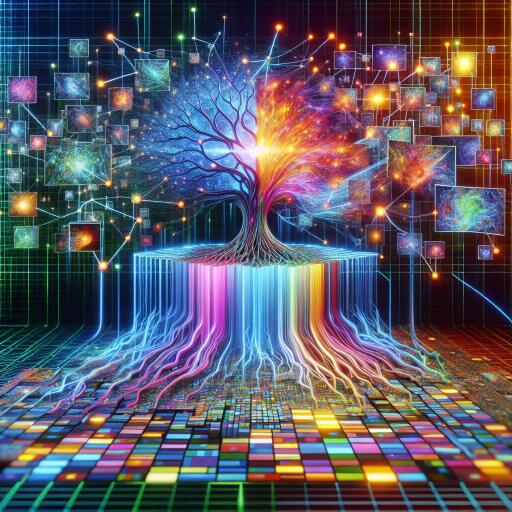Advancing Image Enhancement with Deep Learning Methods
As digital image processing systems increasingly harness the power of computer vision technology, their application is expanding across multiple sectors. These include healthcare for medical imaging, manufacturing for quality control, surveillance for security, intelligent transportation systems, remote sensing for environmental monitoring, defense, and more. However, capturing high-quality images in low-light conditions—such as indoors, at night, or during overcast days—remains a challenge. Images can suffer from noise, color irregularities, and overall degradation not just from low light, but also from transmission, conversions, and storage processes. Recognizing and measuring low-light conditions precisely is complex, as there is no single metric to define them universally.
Moreover, underwater imaging introduces additional challenges due to the inherent properties of water. Light absorption and scattering, dictated by water’s internal optical properties (IOP), significantly impact image clarity. Forward scattering can blur images, while backscattering reduces contrast and adds a foggy veil, complicating the capture of clear underwater imagery. Although artificial illumination attempts to mitigate these issues, it introduces its own set of problems like increased scattering and uneven lighting. Noise intrinsic to the underwater imaging systems further degrades quality, making high-quality image capture an arduous task.
To address these challenges, research into image enhancement techniques is more relevant than ever. Image enhancement aims to improve overall image quality, contrast, and visual effect without amplifying noise. This not only makes images easier for human interpretation but also more suitable for processing by computer vision systems. Enhancements can boost the reliability and efficiency of visual systems and align images more closely with human visual perception.
In their quest to refine image enhancement methods, researchers have explored a plethora of approaches over the years. These include techniques based in both spatial and transform domains, Retinax theory, image fusion, deep learning, fuzzy theory, image dehazing/defogging, and transformer-based methods. The diversity of these techniques reflects the wide range of challenges encountered in image enhancement, from correcting low-light photos to improving the clarity of underwater images.
Deep learning, in particular, stands out for its potential to significantly advance the field of image enhancement. By learning from vast datasets, deep learning models can automatically identify and correct complex issues in images, such as noise, contrast irregularities, and blurriness. This capability is especially beneficial for applications requiring high-quality images with clear contrast and detailed features, such as facial recognition, medical diagnostics, and automated vehicle systems. The potential for software algorithm improvements, especially through deep learning methods, offers promising avenues for research and development in digital image processing.
The continued exploration of image enhancement techniques, particularly through deep learning, is likely to yield significant benefits. By making images clearer, more detailed, and more compatible with both human and machine analysis, these advancements could enhance the accuracy and efficiency of numerous applications across various fields. As the technology evolves, so too will the quality and utility of digital images—a development that could transform how we capture and understand the world around us.









